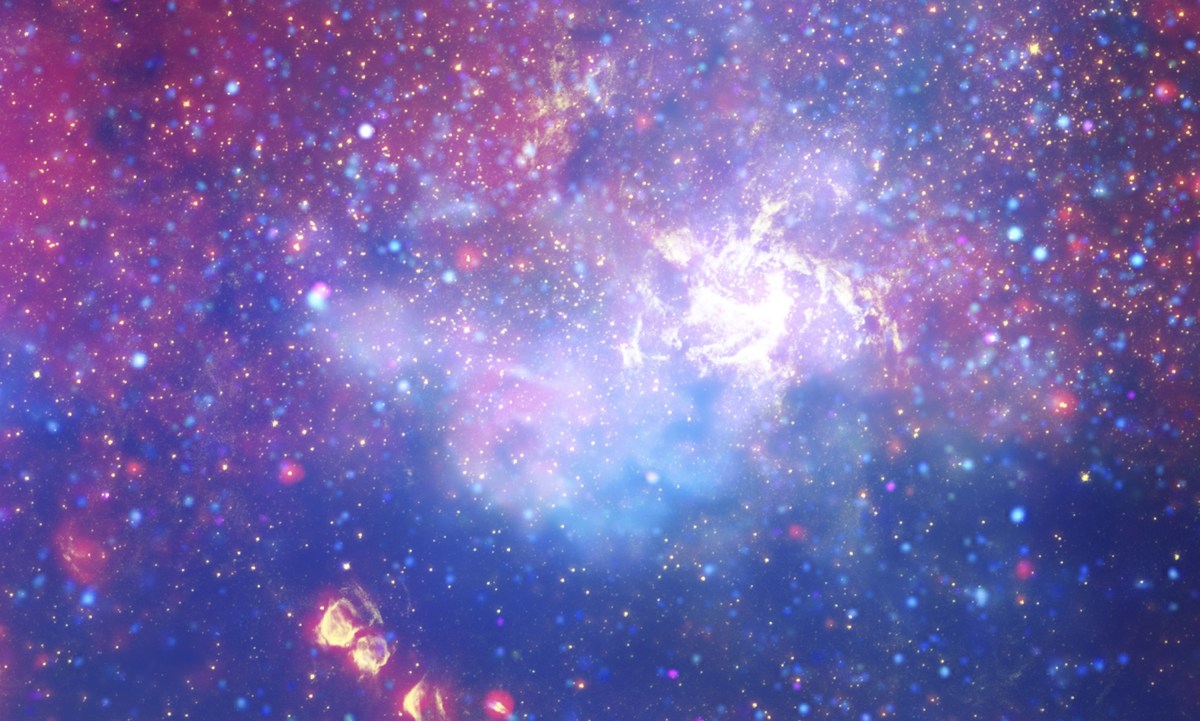The editors at The Atlantic science desk celebrated the end of the year by taking look back on 2018, rounding up a list of the 83 most jaw-dropping, bizarre and frightening facts to come out of the year.
Here are the 12 most interesting:
Hippos sometimes poop in smaller bodies of water so much that their excrement consumes all of the surrounding oxygen, “creating lethal pulses of suffocating water,” and, in effect, kills off all the fish in the area.
In addition to the supermassive black hole at its center, the Milky Way galaxy may be home to thousands of smaller black holes, invisible to even our finest scientific instruments.
There’s a parasitic fungus that doses cicadas with the hallucinogen found in shrooms before making their rear ends fall off.
Women who have had six to 10 sexual partners in their lives have the lowest odds of marital happiness, according to one study.
The population of older adults who misuse opioids is projected to double from 2004 to 2020.
An “ice tsunami” killed a herd of musk oxen in February 2011 and kept their bodies perfectly entombed until their discovery seven years later.
A fishing cat is a water-loving cat species that lives in swamps, quacks like a duck, and dives from riverbanks to snag unsuspecting fish.
The scientist who advised the production team of Interstellar made so much progress on his research in the process that it led him to publish multiple scientific papers as a result.
Some scientists think the reason you want to squeeze or nibble on a particularly cute baby is to snap your brain out of the euphoria that cuteness can summon, making you able to tend to the baby’s needs.
The original indigenous American dogs are completely gone, and their closest living relative isn’t even a dog—it’s a contagious global cancer.
Thousands of horseshoe crabs are bled every year to create a miraculous medical product that keeps humans alive. The blood is used to test for contamination during the manufacture of anything that might go inside the human body: every shot, every IV drip, and every implanted medical device.
Despite giving away hundreds of millions of dollars to charity, Microsoft co-founder Paul Allen was still worth $20 billion when he died, 48 percent more than when he signed the Giving Pledge in 2010 and promised to give away at least half his wealth.
Thanks for reading InsideHook. Sign up for our daily newsletter and be in the know.


















